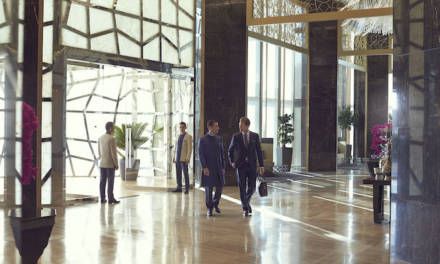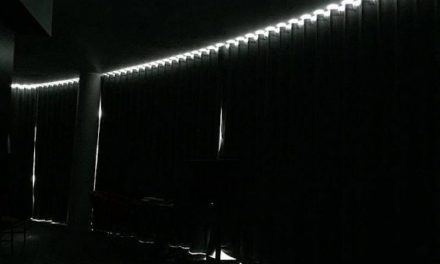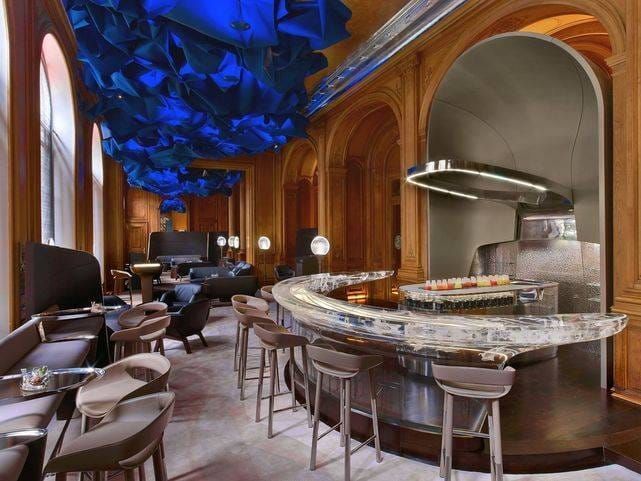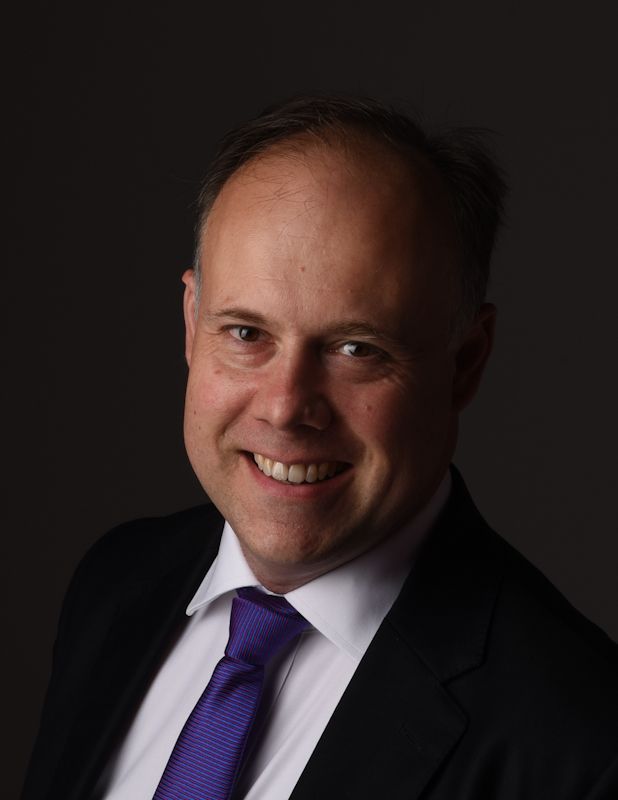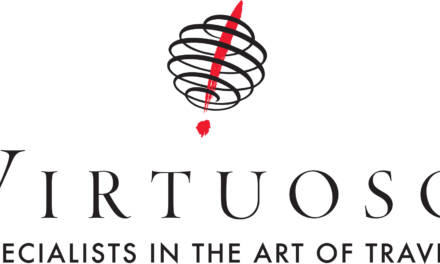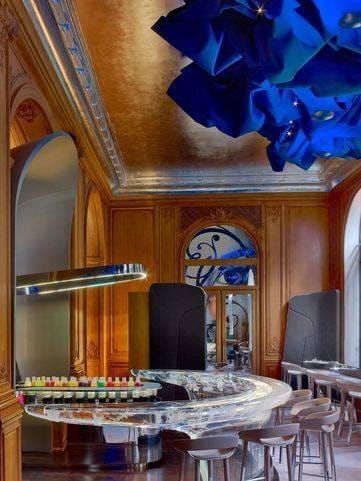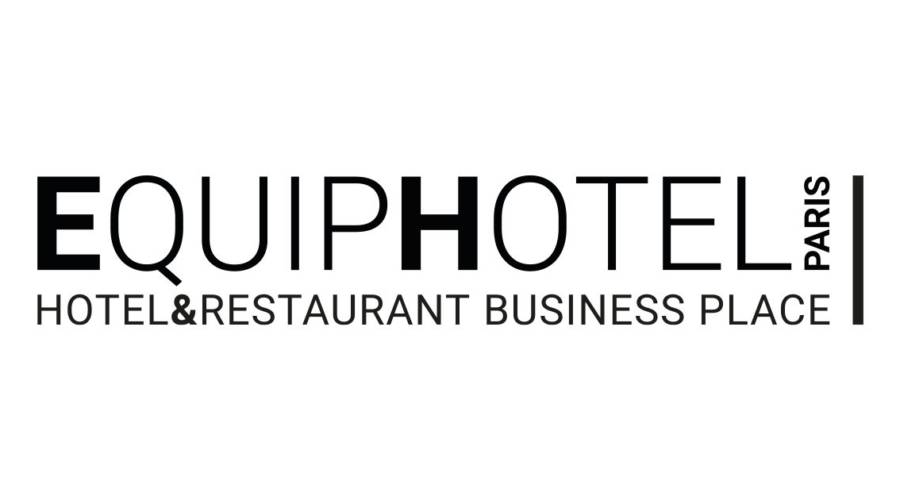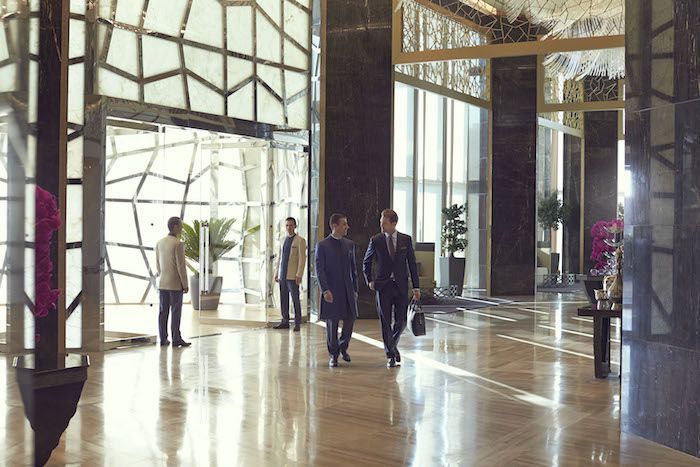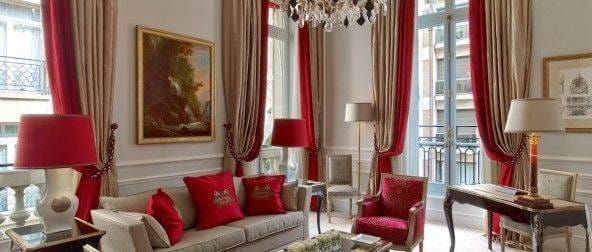François Delahaye, General Manager of the Plaza Athénée
I recently met with François Delahaye, General Manager of the Dorchester Collection. Like a fine symphony maestro, he leads the hotels in the Collection: Plaza Athénée, the Meurice in Paris, The Dorchester in Londres, The Beverly Hills Hotel and the Bel-Air Hotel in Los Angeles, Hotel Principe di Savoia in Milan, the Coworth Park in Ascot, 45 Park Lane in Londres, as well as the Richemond in Geneva and the Eden in Rome.
From your perspective, what have been the main changes in the hotel sector over the last 20 years?
All hotelier have had to change the way they manage the distribution, that is, the way they sell the rooms of our hotels. Over the last two decades, its transformation has surprised the entire industry. We were not necessarily prepared for it. On the large hotel resorts, hoteliers lived on rent and few went on to be trained for the new challenges of the distribution. The responsibilities were diverse, as much on the part of the hotelier’s line of business as in the hotel schools. Indeed, today, all these students wish to become an asset manager and only in rare cases wish to work in hotels in the operational level. The career path to becoming a hotel manager is at once difficult, fascinating, full of rich experiences and a source of personal satisfaction.
We did not anticipate the arrival of companies like Merrill Lynch, Goldman Sachs and Nestlé, which grew interested in hotel schools to take advantage of the excellent training given to students. These students became hard workers thanks to numerous internships in hotels and then moved on to better earning positions. There is of course some responsibility on the part of the hotels, where students went with little pay and ended up quitting the sector early on.
In twenty years, the internet has rebuilt the map of hotel tourism. Our sector did not see the arrival of the changes and the different consequences at all levels.
Recently, I had a conversation with the new owner of the One & Only – who had stayed for several years at the head of Movenpick. It was very interesting because he possesses a certain approach and a different view since he did not come from a luxury background. When I look at certain general managers of hotels who have left for retirement too early—about twenty years ago—I truly realize how the sector has completely changed. The former owners are no longer up to date with the current challenges.
Does working hands on and looking after the operations 24/7 at a hotel frequently limit the development of a vision or at least prevent you from taking a step back to assess the larger picture?
Yes, I think so. Management in ta hotel is, above all, very operational on a day to day basis. Because the career is such, it is difficult to develop a truly long-term vision. However, developing a vision and following trends is also part of the heart of our career. We can’t forget that we have to provide a great quality of daily services in our hotels if we want to please our clients.
In terms of technological evolutions, let’s take the example of Wi-Fi. It took nearly a decade for all hotels to offer quality Wi-Fi. Between the first generation of the Wi-Fi system for a hotel and the one today, numerous investments had to be made, and sometimes with multiple iterations. We also had to change telephone systems. Clients use the fixed telephone in the room less and less. This no longer translates into any revenue. Everyone uses their smartphone. The development of Wi-Fi thus possessed a double utility: responding to the needs of new clients, all while compensating for the loss of revenue caused by the reduction of telephone calls.
It is however essential to preserve telephone standards—which are costly, by the way—so that more traditional clients can still contact us. The standards have adopted to a new age, but it remains fundamental to respond on the telephone. This again represents a non-significant cost for our operational fees.
New services continue to develop each year. Since then, it is possible to find applications specific to each hotel, through which clients can send numerous requests to the concierge. In general, however, the sector takes a relatively long time to evolve, mostly due to the cost of investments, which can be uncertain.
Laurent Delporte, an editor and conference speaker, is a strategic expert in the sector of hotels. A visionary, he brings his unique look on hotels in service to the decision-makers in the industry, whether to enhance the development of new projects or strategic visions.
Laurent has visited and audited over 350 hotels across the world and also participates in mystery visits to provide quality control for the world’s finest hotels.


 HOME
HOME